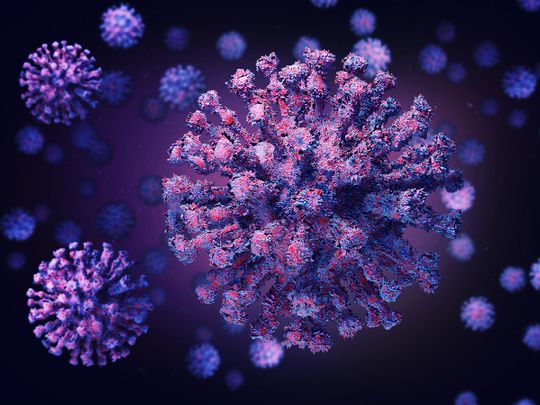
Abu Dhabi: COVID-19 vaccines do not affect fertility, or the possibility of pregnancy, nor do they affect childbearing or artificial insemination. Rather, infection with the coronavirus itself does affects fertility and the ability to conceive, a senior Saudi health official said.
Assistant Minister of Health Dr. Mohammad Al Abd Al Aali was speaking on Sunday as Saudi Arabia recorded 15 deaths, the highest daily death toll due to coronavirus since November.
Al Aali also announced 825 new COVID-19 infections, and 1,028 recoveries over the past 24 hours.
The American Society for Reproductive Medicine’s official stance is: “COVID-19 vaccination is recommended for women who are contemplating pregnancy or who are pregnant in order to minimise risks to themselves and their pregnancy.”
Cumulatively, 433,094 infections have been recorded, of which 8,145 are active cases, most of them are stable and their health conditions are reassuring, Dr Al Aali said.
He added 1,376 are critical cases receiving care in intensive care, while the total cases of recovery reached 417,787, while the death toll rose to 7,162, thus the rate of recovery from coronavirus in Saudi Arabia is 96.46%, the rate of active cases is 1.88%, and the death rate is 1.65%.
With regard to the regions with the highest recorded COVID-19 infections, they came as follows: Mecca (263), Riyadh (231), Eastern Region (98), Median (62), Asir (56), Jazan (35) ), Al Qassim (24), Tabuk (15), Najran (12), Hail (12), Al Baha (8), northern border (5), Al Jawf (4).
The spokesperson for the Ministry of Health stressed that those wishing to travel must know the procedures followed in the countries they intend to travel to, and know the state of health there.
He said 11,527,100 COVID-19 doses have been administered so far, calling on everyone to get vaccinated to reach community immunity.








